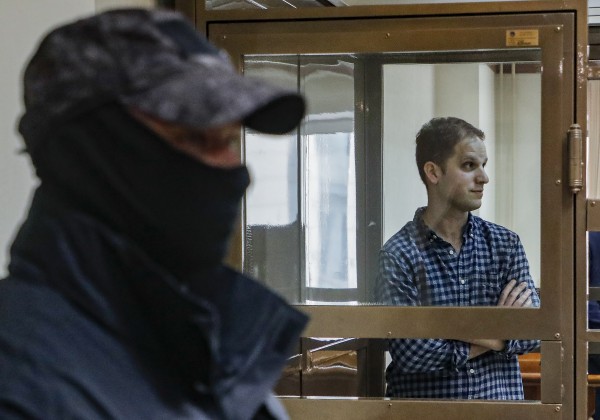An Istanbul criminal court has again ordered the temporary closure of a Turkish newspaper, after accusing it of publishing propaganda for a terrorist organisation, IPI Turkey reported. The 9 December decision to prohibit publication of the weekly Aydınlık for one month constitutes at least the third newspaper ban this year in Turkey.
In June, and again in August, Istanbul’s criminal courts suspended the operations of Günlük newspaper for a period of one month on similar charges.
The latest decision, issued by Istanbul’s 14th Criminal Court, states that several recent articles in Aydınlık – an official newspaper of Turkey’s ‘Workers’ Party’ (‘İşçi Partisi’) – “praised a terrorist organisation,” while “making state officers the target of a terrorist organisation.”
There is no indication that related charges will be brought against the newspaper or any of its employees.
Aydınlık’s management, who first heard about the court order on the day of its issue, deny praising terrorism, and were not immediately aware which articles the court order referred to.
In a press release issued shortly after they received the court decision, Aydınlık claimed authorities have targeted it following its recent publication of a series of articles detailing wiretapped conversations between Turkey’s Prime Minister, Recep Tayyip Erdogan, and Northern Cyprus’s President, Mehmet Ali Talat.
Police had even arrested Aydınlık’s editor-in-chief, Deniz Yildirim, on 19 October, seizing his computer and stating that individuals linked to the so-called “Ergenekon” plot to overthrow the government were behind the wiretaps.
Yildirim was released soon after.
In a statement issued in response to the closure of Aydınlık, IPI Turkey called for the repeal of the laws that allow prosecutors to shut newspapers in this fashion, stating that: “in a democratic country, it is not possible to apply penalties without the occurrence of a crime. This is possible only in totalitarian regimes.”
IPI Director, David Dadge said: “The shutting down of newspapers in this manner must not be allowed to continue. The Turkish government must address a legal system that permits courts to carry out such arbitrary closures, which in the case of the Aydınlık looks suspiciously like an act of reprisal for its news reporting.”


